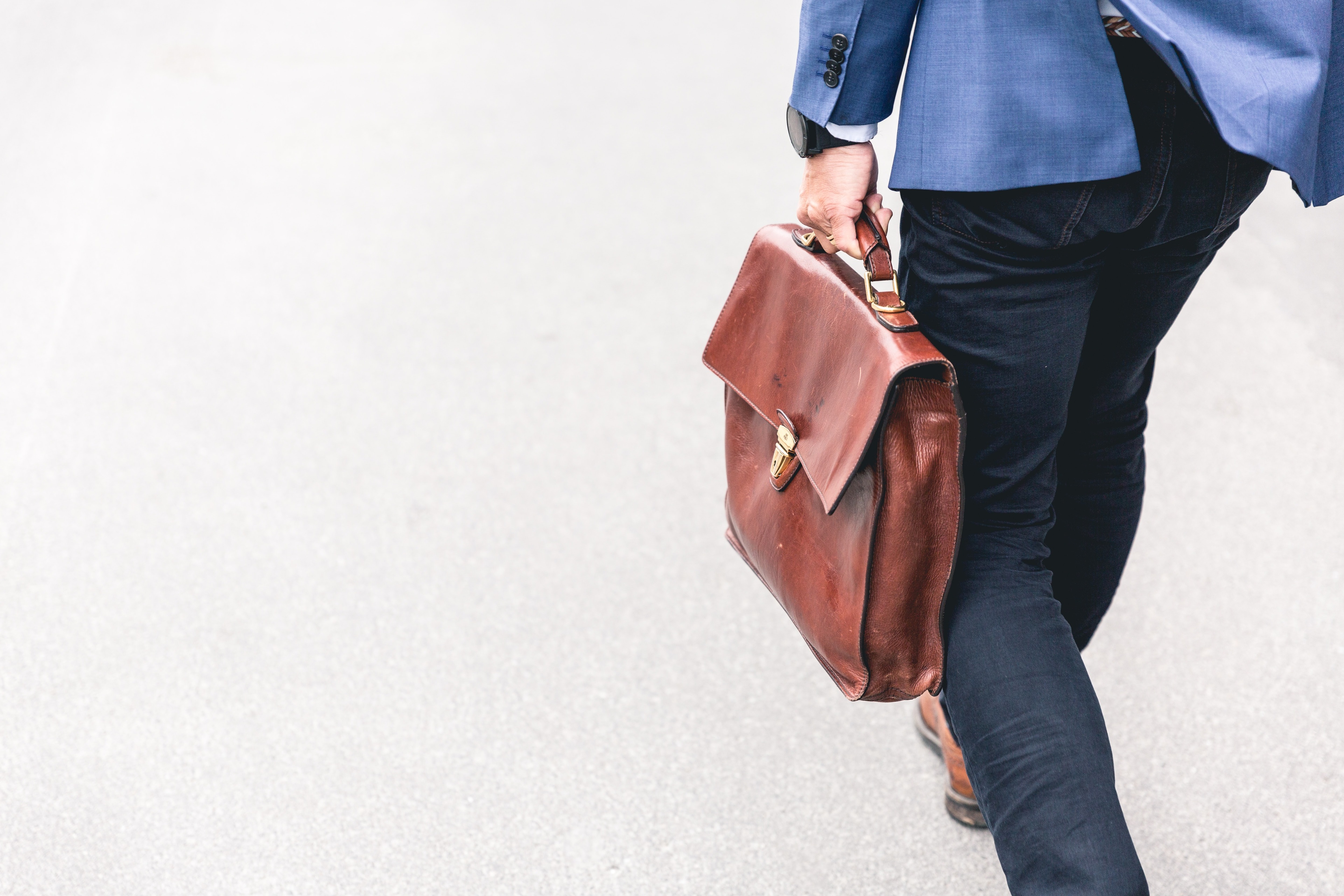5 Ways to Handle Back to Work Anxiety Like A Boss


Things are getting back to normal again, and it’s about time. Great. Awesome! So why do you feel so tense? The Forge can help back to work anxiety!
Things are getting back to normal again, and it’s about time.
Great. Awesome! So why do you feel so tense?
It might be because you’re faced with the prospect of going back to work. We don’t mean returning to whatever home office you’ve been using since the 2020 lockdowns. We mean the office. The commute, parking, the whole bit.
Welcome to back to work anxiety.
If you lost your employment during the pandemic, returning to a daily grind after a long time off isn’t easy during the best of times. If you were fortunate enough to keep working during the pandemic, the process of leaving your home and returning to an office has likely given you stressors of your own to deal with.
You’re not alone, either. In their Stress in America report, the American Psychological Association found nearly half of the US adults they polled felt uncomfortable about returning to work… even if they were fully vaccinated.
Whatever your situation may be, know this: the back to work anxiety you may be feeling is normal. Major life changes – and changes in employment certainly qualify– are risk factors for both depression and anxiety disorders.
Making the Transition Easier in 5 Steps
Although some workers will adapt to their new surroundings, for some the change isn’t just uncomfortable. Whether it’s anxiety about bringing an infection home to loved ones, or unsure where to find your footing with a new bunch of colleagues, returning to work is often more complicated than simply waking up on time on Monday.
Fortunately, there’s things all of us can do to ensure our return to work is stress free as possible. Here’s five:
If it makes you feel safer, do it. Although more and more Americans receive vaccines daily, the combination of vaccine holdouts and overall pandemic fatigue can make a more concerned person nervous about workplace safety. Speak up: Need cleaning supplies for your workplace? Ask for them. Think social distancing isn’t being practiced enough? Talk to your manager, or if you are a manager, suggest ways that situation could be improved. You are very likely not the only person with these concerns. Also, try to stay away from highly trafficked areas like the breakroom. If you need to eat lunch, do it at your desk, or in your car.
Self-care is more important than ever. If you’ve been away from work for a long time, it’s no easy thing to go right back into a busy, daily schedule– especially if you’re new at the job. This change takes considerable effort; remember to be kind to yourself. If you can, start slowly and try not to take on more duties than you’re comfortable with until you find your footing. Also apply this to your life outside of work, too. Don’t be surprised if you find yourself more tired than usual after your first week back on the job.
Be an early adopter of work habits. If you have a week or two before you start working, try to relearn some of the habits you had at your previous job. Set your alarm clock to the time you expect to get up, work out your morning routine and even give your commute a test run if you’re driving yourself. You’ll thank yourself later.
If you’re a manager, listen. “Inclusive” isn’t just a corporate buzzword, it’s a great strategy for a successful team. If your employees are coming to you with concerns about workplace safety as you reopen, take them seriously. If you’re okay with uncertainty, great – share your coping techniques or strategies with others where appropriate. For a new hire, make sure they really understand the scale and depth of their responsibilities.
Don’t Give Into The Temptation to Self-Medicate. Studies show alcohol consumption increased during the pandemic, along with use of opioids and stimulants. While self-medication is a perennial temptation during times of crisis, it’s always a mistake. First, while the depressant effects of alcohol and other substances may make you numb to anxiety, they do nothing to address the core issues driving anxiety. After they wear off, your issues are still going to be there waiting for you. Secondly, research is showing people with substance abuse disorders may be more susceptible to COVID infection.
Serious Anxiety Needs Intervention
In some cases, anxiety isn’t just a bad mood. Left unchecked, severe anxiety can worsen into a host of other problems, from intense phobias to panic disorder. Plus, there’s also the overall negative effect anxiety has on health. Additionally, studies have shown untreated anxiety can also create and worsen substance use disorders. Combined, the issues can develop into a dual diagnosis, leading the patient to deal with both addiction and an anxiety disorder, two problems that fuel and feed off each other. Fortunately, both respond well to treatment. Treatment isn’t just a place people go to stop using substances for a while. A dynamic rehab center teaches patients new ways of looking at themselves and their surroundings, learning positive, healthy ways to meet and move past their challenges.
The Forge Recovery Center provides our clients with a safe, responsive and evidence-based environment to move beyond their problems into a happier, healthier life free from addiction. Want to learn more? Contact an expert now!
Are You Struggling with Mental Health or Addiction?
We Can Help. Call Us Now!
CALL: 877-839-1772





